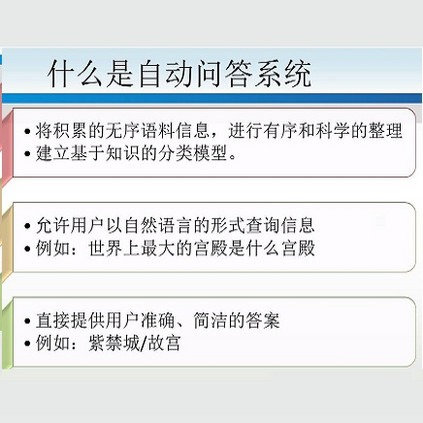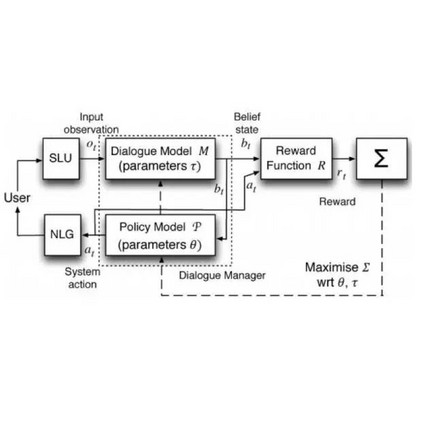Knowledge-intensive tasks, such as open-domain question answering (QA), require access to a large amount of world or domain knowledge. A common approach for knowledge-intensive tasks is to employ a retrieve-then-read pipeline that first retrieves a handful of relevant contextual documents from an external corpus such as Wikipedia and then predicts an answer conditioned on the retrieved documents. In this paper, we present a novel perspective for solving knowledge-intensive tasks by replacing document retrievers with large language model generators. We call our method generate-then-read (GenRead), which first prompts a large language model to generate contextutal documents based on a given question, and then reads the generated documents to produce the final answer. Furthermore, we propose a novel clustering-based prompting method that selects distinct prompts, resulting in the generated documents that cover different perspectives, leading to better recall over acceptable answers. We conduct extensive experiments on three different knowledge-intensive tasks, including open-domain QA, fact checking, and dialogue system. Notably, GenRead achieves 71.6 and 54.4 exact match scores on TriviaQA and WebQ, significantly outperforming the state-of-the-art retrieve-then-read pipeline DPR-FiD by +4.0 and +3.9, without retrieving any documents from any external knowledge source. Lastly, we demonstrate the model performance can be further improved by combining retrieval and generation. Our code and generated documents can be found at https://github.com/wyu97/GenRead.
翻译:知识密集型任务,如开放式问题解答(QA)等,需要获取大量世界或域知识。知识密集型任务的一个共同办法是使用一个检索即读管道,首先从维基百科等外部实体检索少数相关背景文件,然后预测以检索文件为条件的答案。在本文中,我们提出了一个解决知识密集型任务的新视角,用大型语言模型生成器取代文件检索器。我们称之为“实时生成”方法(GenRead),首先根据一个特定问题生成一个大语言模型以生成背景自定义文件,然后读出生成文件以生成最终答案。此外,我们建议采用一种基于新颖的集群快速方法,从不同的外部实体(例如维基百科)检索器中选择不同的快速文件,从而更好地回顾可接受的答案。我们在三种不同的知识密集型任务上进行了广泛的实验,包括开放式QA模型、事实核对和对话系统。 值得注意的是,GenReadd在TriviaA和WebQ 和WebQ上找到准确的评分数, 大大超越了我们版本版本/DRVE的外部文件的版本。





